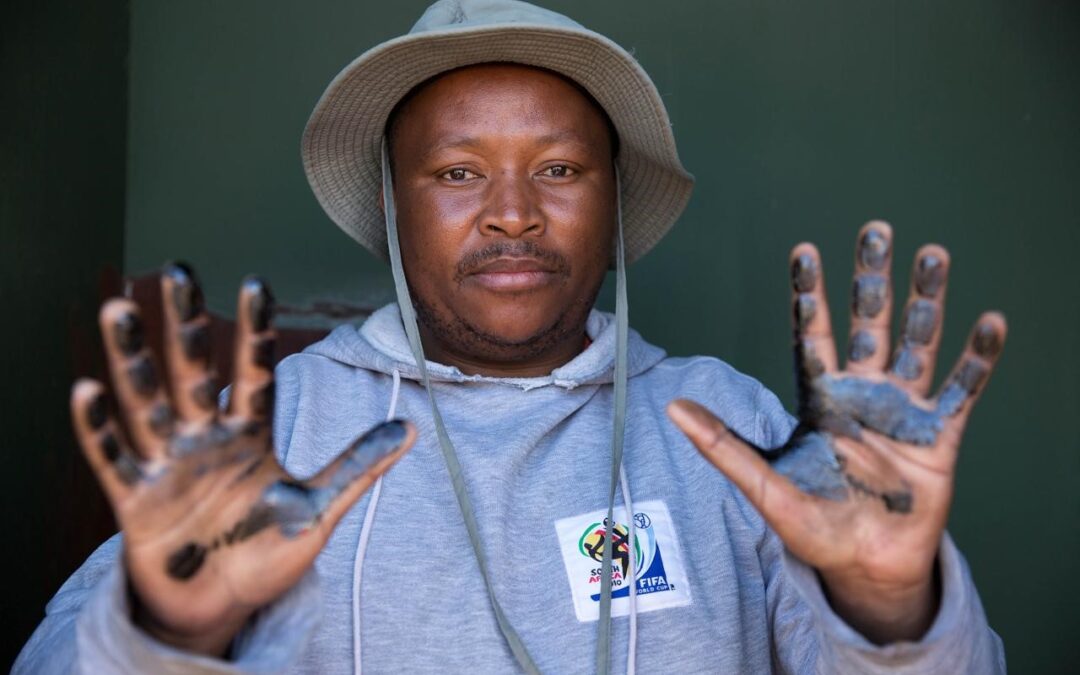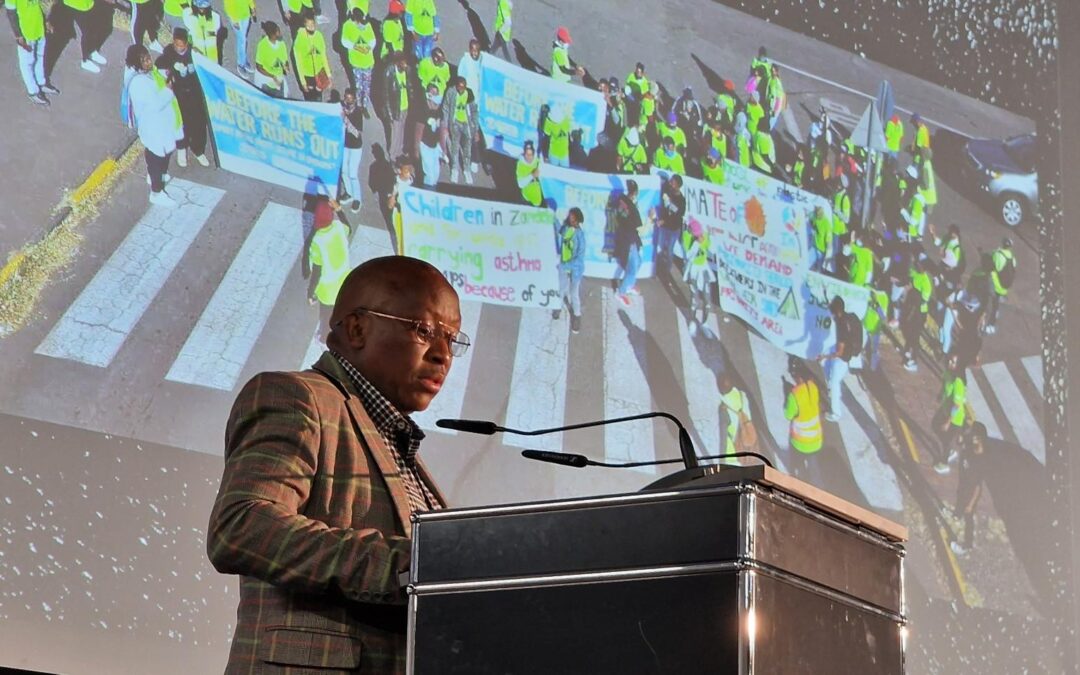
17 October 2023
ACN Media Contact: Michelle Cruywagen, +27 79 514 0283
Could China enable the African region’s transition to regenerative economies?
This week the third Belt and Road Forum for International Cooperation (BRF) is being held in Beijing, China and marks the 10th anniversary of the Belt and Road Initiative (BRI). Over 130 countries are attending the Belt and Road forum this year, which will outline plans for China’s global infrastructure development strategy.
We, the Africa Coal Network, recognise the potential for China to provide leadership in areas of environmental justice politics unlike the appalling legacy of colonial extractivism, which excluded Africans – and peoples of the Global South – from decisions about their own resources which were ringfenced for wealth creation in the North. We believe that China is positioned to influence a departure from the outmoded neo-colonial system of extractivism on the African continent. China’s position of ‘common prosperity’ and regulatory measures against the ‘unlimited expansion of capital’ allude to the possibility of alternative and just economic systems.
“We expect this year’s Belt and Road Forum to act in solidarity towards justice, ensuring due consideration for the basic needs of African peoples in addressing access to clean and affordable energy and water; food sovereignty and reparations for Loss & Damage in their struggles to mitigate climate change and address its devastating impacts, ” said Marina Agortimevor, coordinator of the African Coal Network, a network of more than 80 civil society organisations across 24 African countries working to end coal and fossil fuel extraction towards a just transition for Africans. Through its investment in infrastructure in the African region, the potential exists for China to enable countries to transition to more regenerative economies that carry local benefits at local level.
The BRF also presents an opportunity evaluate the promises China has made to end the expansion of new coal, against what is happening across the region. We note with concern that China’s investment in new coal in China continues to rise; a trend which spilt over into the African region in Zimbabwe earlier this year with a 600MW expansion of a coal plant in Hwange while the rest of the world has sharply halted new coal mining to meet climate commitments. Any investment in new coal in the region contradicts China’s decision of 2021 to stop funding overseas coal projects. Any new coal projects would put African communities who have long suffered ongoing environmental injustices including lung disease, air pollution, soil and water contamination, loss of livelihoods and land tenure due to existing coal and fossil fuel projects, at even greater risk. China’s commitment to end new coal continues to be welcomed by the Africa Coal Network.
“We challenge President Xi Jinping to decisively end coal support from all Chinese institutions – private, state, parastatal, finance, insurance, importers, or proxies – that keep Africa’s coal mines, plants and other infrastructure under construction or [that are] planned,” says Michelle Cruywagen, the, groundWork’s Coal and Just Transition Campaign Manager.
This will allow for the redirection of financial support to green and low-carbon energy projects in developing countries. A concerted shift to Chinese backed renewable energy projects in the region will have positive long-term effects as it will put Africa and the globe on the path to clean energy. “Some of the potential benefits to communities include job creation, local systems of production and skills development”, says Michelle. “However, these approaches can be extended to community-led, socially owned renewable energy and development of mini-grids and infrastructure that enable more affordable and accessible renewable energy”.
We recognise that:
- China has a powerful influence in Africa and is a multi-faceted phenomenon, at its core is a Chinese geopolitical strategy to secure vital sources of minerals, oil and other raw materials, find work for its big companies, and markets for its products, and to grow its power on the international stage with the support of African allies.
- Second, China has a growing environmental awareness (for example as a result of air pollution issues in Chinese cities), and a growing environmental justice movement; and
- Third, climate change and responses to it will play an increasingly important role in environmental politics and may force the hand of politicians. Civil society can influence the way in which this happens.
Based upon the above, we believe that China has the potential to play a meaningful and positive role on the Continent, and partnership with Africa must be based upon a relationship that does not reinforce the undemocratic practices of neoliberalism and colonialism.
End: –



